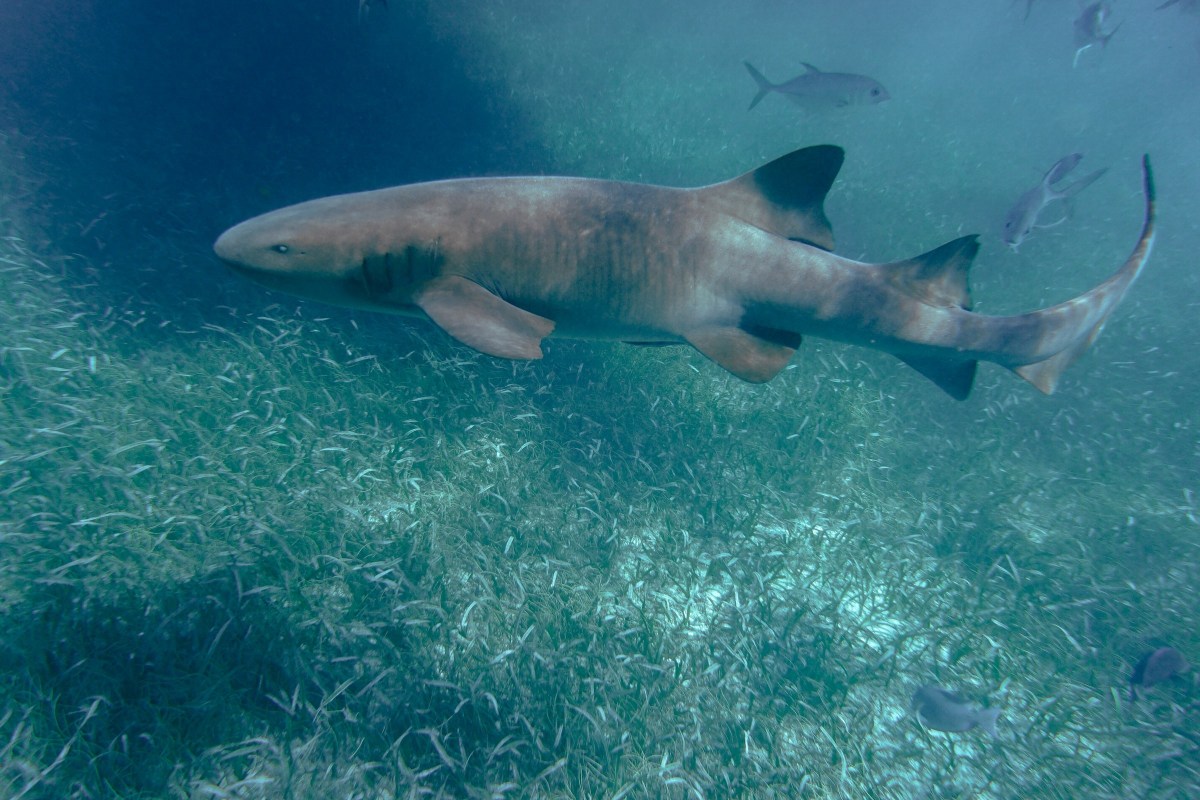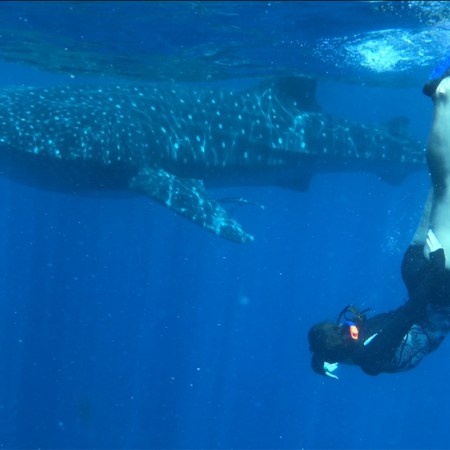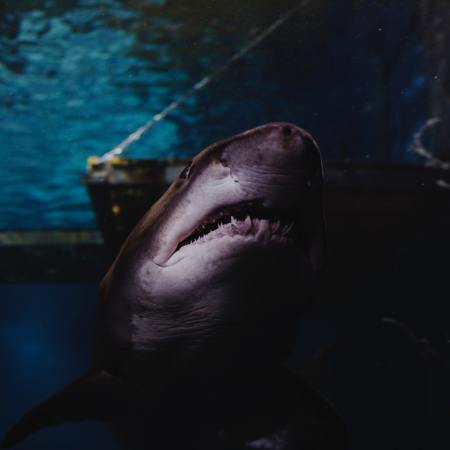For some travelers, an essential part of any vacation involves getting in touch with the local ecosystem. Sometimes that involves hikes through the wilderness; at others, it might mean diving into a nearby body of water and getting up close and personal with aquatic wildlife. And yes, sometimes that wildlife includes sharks.
Jaws aside, sharks can make a significant contribution to a region’s tourism. But there’s a downside to this as well — sometimes the same tourism initiatives that use sharks to attract visitors can also cause harm to sharks’ habitats. And that’s what’s taken place on Guadalupe Island, located in Mexico due west of Baja California.
As Smithsonian Magazine reports, the Mexican government has banned shark-related tourism on the island indefinitely. Why? As the article details, the government feels that a number of companies in the industry are not engaging in best practices for ecologically sound tourism — in other words, the sharks are now at risk.
An Iconic Summer Movie Now Exists in Lego Form
You’re gonna need a smaller boatGuadalupe Island has been a protected area since 2005, so it’s entirely understandable that the government has opted to crack down on an industry that stands accused of spreading pollutants and causing serious injury (and, in one case, death) to sharks.
What’s good news for great white sharks is less great for the people who relied upon the shark tourism industry for their income. The article cites a statistic from 2019 noting that 2,800 people descended underwater in cages to experience close proximity to sharks — meaning that some companies face an uncertain future or have decided to close outright.
So if you’re intrigued by the idea of seeing a shark in the wild, you may need to find somewhere other than Guadalupe Island to do so — at least in the near future.
Thanks for reading InsideHook. Sign up for our daily newsletter and be in the know.


















